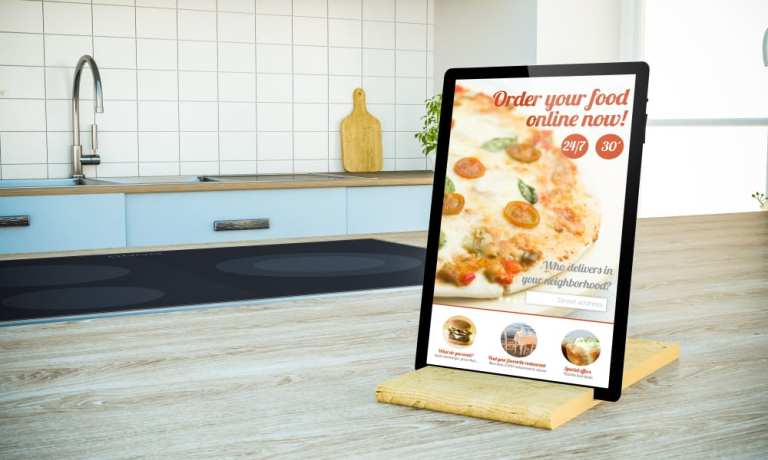Ordering Platform Olo Receives $18M For ResTech

Olo, a mobile and online food ordering platform, announced an $18 million investment by New York investment firm Tiger Global Management on Wednesday (Jan. 9).
The investment was structured around equity held by long-term Olo employees, “providing an opportunity for those team members to realize a monetary benefit in acknowledgment of Olo’s growing success in alignment with Tiger Global’s belief in the growth of the restaurant technology sector.”
Noah Glass, founder and CEO of Olo, said he thinks the investment will work great for the company’s goals.
“Tiger Global’s investment is a testament to our achievements to date, and offers a way for long-term team members to realize the value of their hard work to build and grow Olo,” Glass said. “We are thrilled to have Tiger Global as part of our investor base and look forward to working with them as we partner to grow digital ordering and delivery for the restaurant industry.”
Scott Shleifer, a Tiger Global Management partner, said he believes Olo is here for the long run.
“We have invested heavily in the restaurant technology industry as part of our focus on eCommerce and are very impressed with the work Olo has done to help restaurant brands benefit from digital ordering adoption by acting as their digital interface and technology backbone,” Shleifer said. “We believe Olo has a long runway ahead.”
In 2017, Olo partnered with Amazon to help Amazon Restaurants integrate with the point-of-sale (POS) systems of restaurants on Olo’s platform. Olo was one of the first companies to make a hard push into mobile ordering. In 2005, Glass envisioned a world where people could use devices that fit in their pockets to order food.
However, that technology didn’t exist yet – until it did. Glass continues to look forward, and doesn’t think his company is done innovating just yet.
“We are living on the cusp of a very new era,” Glass said at the time. “Restaurants are changing their physical layouts and rethinking both the interior and exterior. In the future, we aren’t really picking up our food; autonomous vehicles are doing it. So, your Tesla is going to the restaurant — or Uber is sending cars to deliver from point A to point B. We are now living in the Jetsons [age], and I’m not joking.”